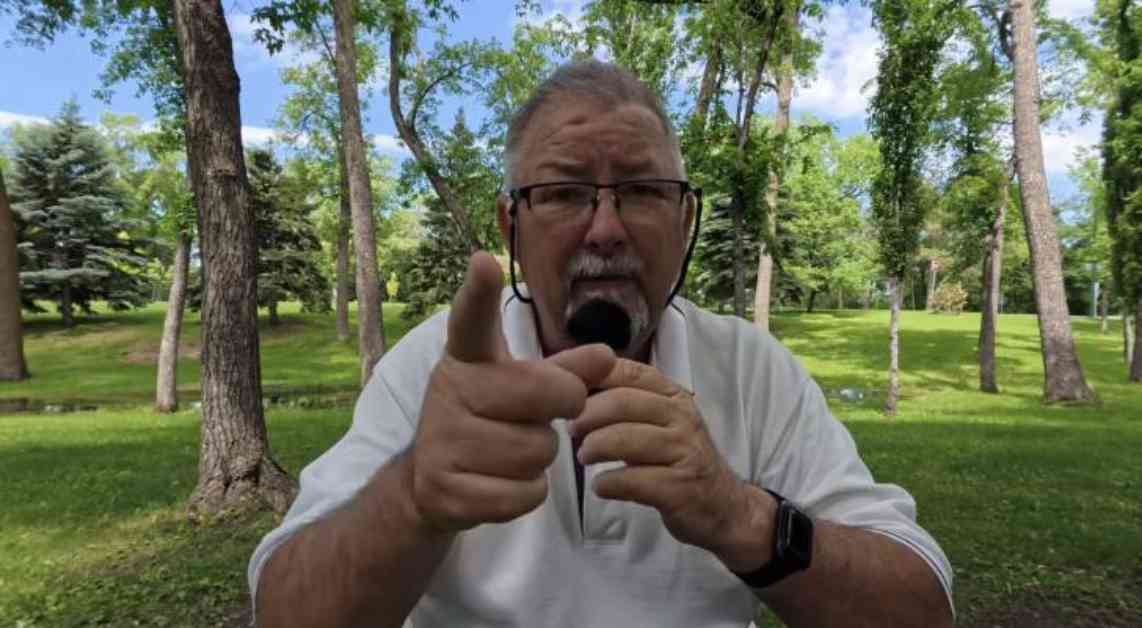Retirement is a time that many people look forward to, envisioning a period of relaxation, travel, and leisure after a lifetime of hard work. However, for some Americans in their 70s and 80s, retirement can be a time of reflection and regret. In a recent video on the “My Retired Life” YouTube channel, host John Smith interviewed a group of retirees to uncover their biggest regrets and offer insights for those who are approaching retirement age.
Retirement Regrets
One common regret among retirees is not retiring earlier. Many wish they had left the workforce sooner to enjoy more of their retirement years in good health and with greater energy. According to the 2024 Retirement Confidence Survey by the Employee Benefit Research Institute (EBRI), the median retirement age for Americans is 62, earlier than the planned age of 65 for many workers. This early retirement can be attributed to various reasons, such as health issues, job loss, or simply a desire to start enjoying life outside of work.
Another regret that retirees often express is not spending more money during their early retirement years. Some wish they had traveled more, pursued hobbies, or engaged in family activities while they were still in good health. However, financial constraints and concerns about outliving their savings often prevent retirees from indulging in these experiences.
Insights from Retirees
Despite these regrets, retirees offer valuable insights for those who are planning for retirement. One of the key takeaways is the importance of prioritizing health and wellness throughout one’s life. Retirees often wish they had taken better care of their health earlier, emphasizing the importance of staying active, eating well, and seeking medical attention when needed.
In addition, retirees stress the importance of finding hobbies and activities that bring joy and fulfillment during retirement. Many retirees struggle with feelings of loneliness and boredom after leaving the workforce, highlighting the need for social interaction and meaningful pursuits in retirement. By engaging in hobbies, volunteering, or joining clubs and groups, retirees can stay active and connected to their communities.
Planning for Retirement
As you approach retirement age, it’s essential to consider these insights and plan accordingly. Take steps to prioritize your health, save for unexpected expenses, and cultivate relationships and hobbies that will sustain you in retirement. Remember that retirement is not the end of your life but a new chapter filled with opportunities for growth and fulfillment. By learning from the regrets of others, you can make informed decisions that will enhance your retirement experience and ensure that your golden years are truly golden.

